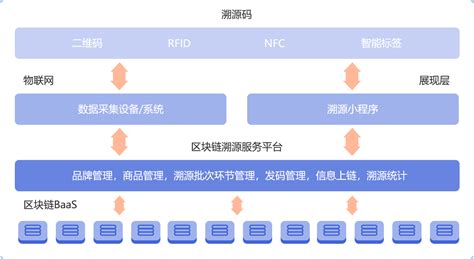Title: Exploring the Potential Data Types on Blockchain
Blockchain technology offers a decentralized and immutable ledger that can store various types of data securely. Let's delve into the kinds of data that can be stored on a blockchain:
1. Financial Transactions:
Blockchain's most wellknown application is cryptocurrencies like Bitcoin and Ethereum. These digital currencies utilize blockchain to record transactions securely and transparently, allowing users to transfer funds without the need for intermediaries like banks.
2. Smart Contracts:
Smart contracts are selfexecuting contracts with the terms of the agreement directly written into code. They automatically execute and enforce the terms of the contract when predefined conditions are met. Smart contracts can be used for a wide range of applications, including insurance claims, supply chain management, and decentralized finance (DeFi) protocols.
3. Supply Chain Data:
Blockchain can be used to track the movement of goods throughout the supply chain. Each transaction or event in the supply chain can be recorded on the blockchain, providing transparency and traceability. This can help improve efficiency, reduce fraud, and ensure product authenticity.
4. Identity Management:
Blockchain technology can enable secure and decentralized identity management systems. Users can control their own identity and selectively share personal information with trusted parties, reducing the risk of identity theft and fraud.
5. Intellectual Property:

Blockchain can be used to register and manage intellectual property rights, such as patents, copyrights, and trademarks. By recording ownership and transactions on the blockchain, creators can prove ownership and protect their intellectual property from infringement.
6. Voting Systems:
Blockchainbased voting systems offer a secure and transparent way to conduct elections. Each vote is recorded on the blockchain, ensuring that it cannot be tampered with or altered. Blockchain voting systems can help increase voter turnout, reduce fraud, and improve the integrity of elections.
7. Healthcare Records:
Blockchain technology can be used to securely store and manage healthcare records. Patients can have full control over their medical data and grant access to healthcare providers as needed. This can improve data interoperability, patient privacy, and healthcare outcomes.
8. Real Estate Transactions:
Blockchain can streamline real estate transactions by recording property ownership, transfers, and contracts on a decentralized ledger. This can reduce the need for intermediaries like escrow agents and title companies, making transactions faster, cheaper, and more secure.
Conclusion:
The versatility of blockchain technology extends beyond cryptocurrencies, encompassing a wide range of data types and applications. By leveraging blockchain's decentralized and immutable nature, businesses and organizations can improve transparency, security, and efficiency across various industries. Whether it's financial transactions, supply chain management, identity management, or healthcare records, blockchain has the potential to revolutionize how data is stored, managed, and transacted.
标签: 区块链可以查什么数据类型 区块链可以进行数据定价吗 区块链用于数据存证







